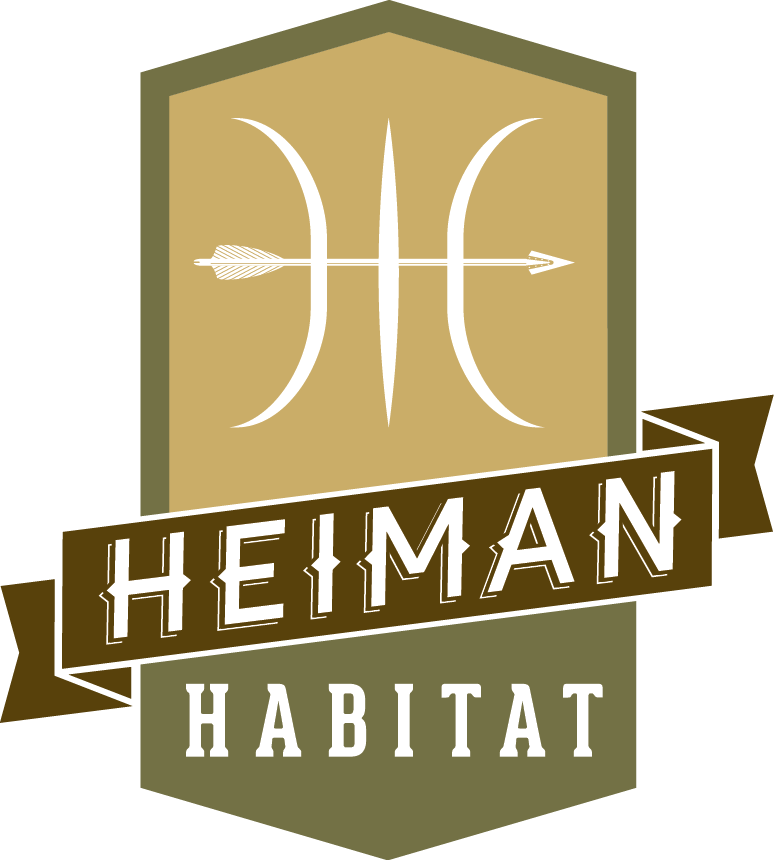When one State – or several – are in drought, on fire or underwater simultaneously, sometimes it can be difficult to know what to do to make a positive difference for those people doing it the hardest.
Occasionally, we can make things worse without really realising it. Consider, for example, the devastating cyclone that hit Innisfail in 2006. As the prices of local bananas started to rise as a result, many of us turned our backs on growers in affected areas by heading to our local supermarket and bought cheap imports from Brazil instead.
Often it takes consolidated efforts by national charities to help us work out where to focus our efforts to help out. Entities like Rural Aid, Buy-a-Bail, Farm Aid, Aussie Helpers, Farm Army - among the many others – are all really great ideas. And the media plays a role too in highlighting the plight of rural Australians to those who may be living in metropolitan areas, otherwise unaware of what difficulties the guy and gal on the land may be dealing within just a few hundred kilometres of neat city homes and suburban gardens.
But it’s a pity if we need to be led by the nose before we do the right thing. It shouldn’t take a farmer’s suicide on the front page of the newspaper to make us sit up and take notice. And why wait until we see images of the shock-and-awe aftermath of a cataclysmic environmental event like a bushfire, flood or storm? Why wait to be asked on social media to donate to a charity?
If we truly give a shit – we’ll give a hand-up before the shit hits the fan. We’ll start thinking about our Aussie farmers before they hit the skids and help them generate a buffer against the hard times. After all, there’s plenty we can be doing every day to make a difference.
Firstly, buy local. When driving past a farm gate with a stall – stop and buy something. Sure the pumpkin or carrot might be a ‘store second’ with some irregularities in shape or colour. It might even cost a bit more than the rock-bottom price you enjoy at one of the supermarket monopolies. But the money you spend goes directly back into the property where you bought the produce. And chances are, funny looking or otherwise, the taste of goods you buy off a farm-gate will be better than you’ll ever buy commercially. Because the goods were probably picked today or yesterday.
Think too about the ‘food miles’ your saving by buying locally – or even simply buying Australian instead of Brazilian, Vietnamese or Martian. Whether or not you believe in ‘climate change’ – one thing is certain: Pollution hurts the planet in more ways than are conceivable.
Secondly, stop wasting food! Whether we’re eating too much food and getting overweight – or wasting food by chucking it in the bin – food wastage hurts the land as the agricultural sector strains to meet the ever increasing demands of consumers for ‘more of the same’.
Make a compost bin at home and if you don’t have one find someone who does. There are actually websites dedicated to sharing compostable waste. See, for example, https://sharewaste.com/ or try the old fashioned way of making friends with your gardening neighbours and see if they’d like your food scraps to help bulk out their compost (who’d a thunk it?).
Thirdly, think outside of the box. Donating to the Royal Flying Doctor Service (RFDS) and similar remote responders helps the rural communities when they’re in trouble … before the drought. The RFDS is also a great asset for those of us who head into remote areas as overlanders. After all, when we’re 300 kilometres from the nearest habitation when we need medical aid, the RFDS could make the difference between a medical mishap and a catastrophe for ourselves or our loved ones. If you look around, you’ll find that some brands of Aussie made goods donate a percentage of their profits to the RFDS. That’s what we call two birds with one stone!
Lastly, plant your own garden at home. Even if it’s only a window sill or kitchen bench herb garden. This will show your kids where food actually comes from and you will see how hard it is to grow in the first place.
There are many other variables we could discuss but it comes down to one thing - This is a Sunburnt Country.If it doesn’t rain it bloody pours and our farmers know it. And there’s a lot we can all do to make things a little easier for them before the SHTF.



